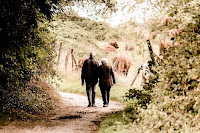
Multivitamin Improves Memory in Older Adults
Taking a daily multivitamin supplement can slow age-related memory decline, researchers found.

Taking a daily multivitamin supplement can slow age-related memory decline, researchers found.
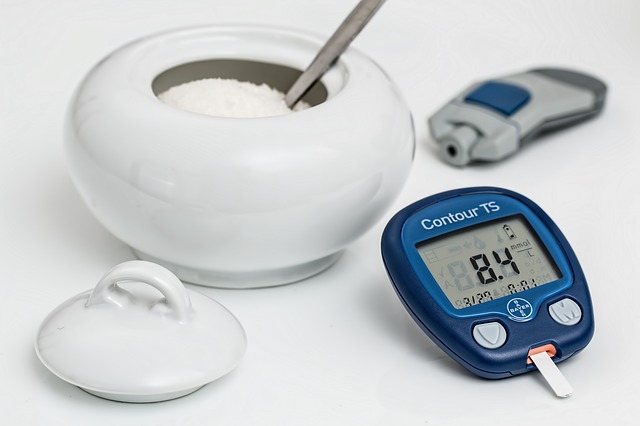
People taking certain drugs to lower blood sugar for Type 2 diabetes had less amyloid in the brain, a biomarker of Alzheimer’s disease, and showed slower cognitive decline than diabetics not taking drugs and people with diabetes. Find out more.

A new sensor has been developed that can detect Alzheimer’s more than a decade before symptoms appear. Learn more.

Rhesus macaque monkeys are being used to research early-stage Alzheimer’s. Find out why they are so much better than mice. Learn the advantages they offer scientists in the search for a cure.

Researchers find that people with dementia who received the drug suvorexant showed a drop in tau and amyloid beta. The drug is already available for sleep problems in Alzheimer’s. Learn more.

Scientists at UC San Francisco have found a way to reverse some of the negative effects of aging on the brain, using a video game designed to improve cognitive control.
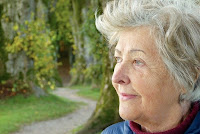
What kind of brain enables “superagers” to learn and recall novel information as well as a 25-year-old? Researchers have found the answer. Learn more.

A molecule found in green tea helped UCLA biochemists discover several molecules that can destroy tau fiber. Learn more.

A certain protein in the blood can be used to predict the eventual appearance of Alzheimer’s. Will this allow for early intervention?
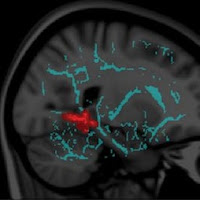
Brain patterns in concussions are similar to patterns seen in Alzheimer’s. Why? The initial traumatic event that caused the concussion may trigger a sequence of degenerative changes in the brain.
With 1.7 million annual concussions in the U.S., learn more about these relevant findings.

VIDEO+ARTICLE CARE TIP: Midnight snacks are great on New Year’s Eve and even greater on midnight dementia-care shifts. Learn how late-night munchies solved a nurse’s wandering & behavior problems.

Being deeply loved by someone gives you strength, while loving someone deeply gives you courage. (Lao Tzu)
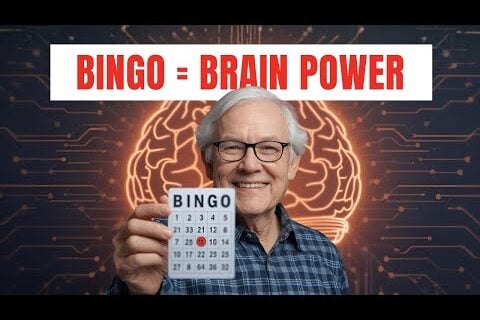
VIDEO+ARTICLE: Multiple studies affirm bingo exercises attention, memory, and social connection all at once. Learn about its small but meaningful role in dementia care—when used the right way.

Too much sleep and too little sleep can contribute to cognitive decline, researchers report. Learn more.

People with dementia who were consistently seen by the same General Practitioner (GP) are given fewer medicines and are less likely to be given medicines that can cause problems, according to researchers at University of Exeter. Learn more.

A deep promise to be there for an Alzheimer’s parent, this heartwarming song was written as a tribute to families facing dementia.

Amyloid is one of the leading culprits behind Alzheimer’s. Scientists know it damages memory by killing brain cells. Now research reveals how amyloid triggers memory loss in perfectly healthy brain cells as well. Learn more about how Alzheimer’s develops.
No spam, only news and updates.

